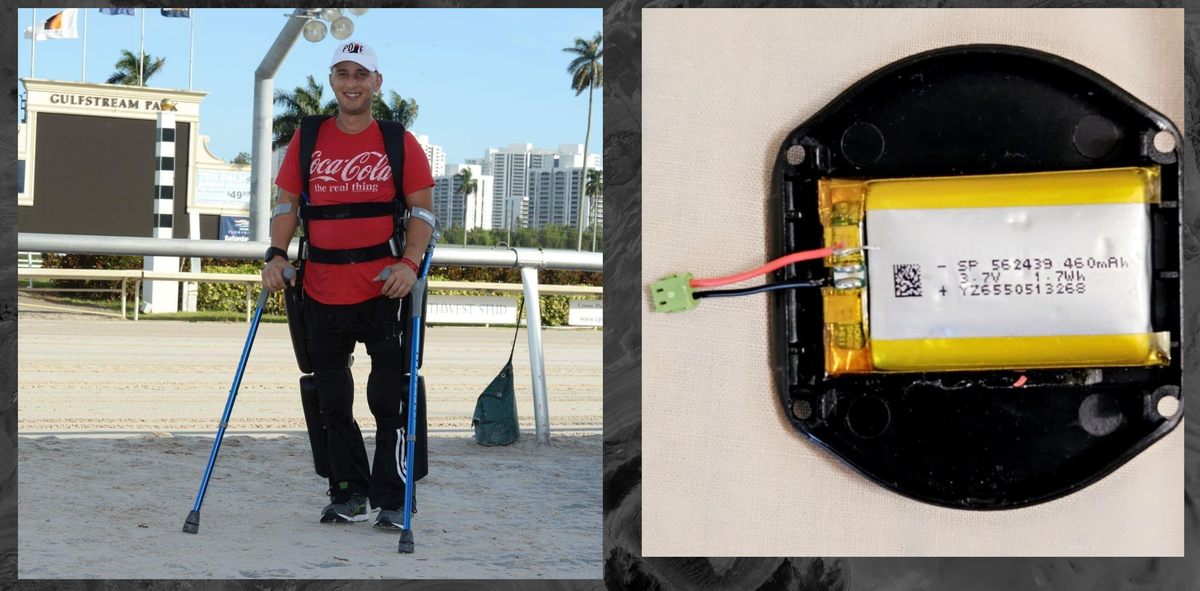Apologies for posting a pay walled article. Consider subscribing to 404. They’re a journalist-founded org, so you could do worse for supporting quality journalism.
Trained repair professionals at hospitals are regularly unable to fix medical devices because of manufacturer lockout codes or the inability to obtain repair parts. During the early days of the COVID-19 pandemic, broken ventilators sat unrepaired for weeks or months as manufacturers were overwhelmed with repair requests and independent repair professionals were locked out of them. At the time, I reported that independent repair techs had resorted to creating DIY dongles loaded with jailbroken Ukrainian firmware to fix ventilators without manufacturer permission. Medical device manufacturers also threatened iFixit because it posted ventilator repair manuals on its website. I have also written about people with sleep apnea who have hacked their CPAP machines to improve their basic functionality and to repair them.
PS: he got it repaired.



I searched the specs on the battery, and the same exact battery with leads already soldered to it came up from quite a few different sources. Some of them had a small white 2-pin connector, I’m not sure if it would be compatible with the green one that is on the battery in the article, but it would be an easy fix for somebody into electronics (even with parts and tools off Amazon, if not DigiKey or something). All that said, it’s still bullshit the company is still around but isn’t supporting a 10 year old $100,000 mobility device relied on by someone who is disabled. The headline makes it sound like he’s screwed though, and that’s hardly the case. This is an easy fix.